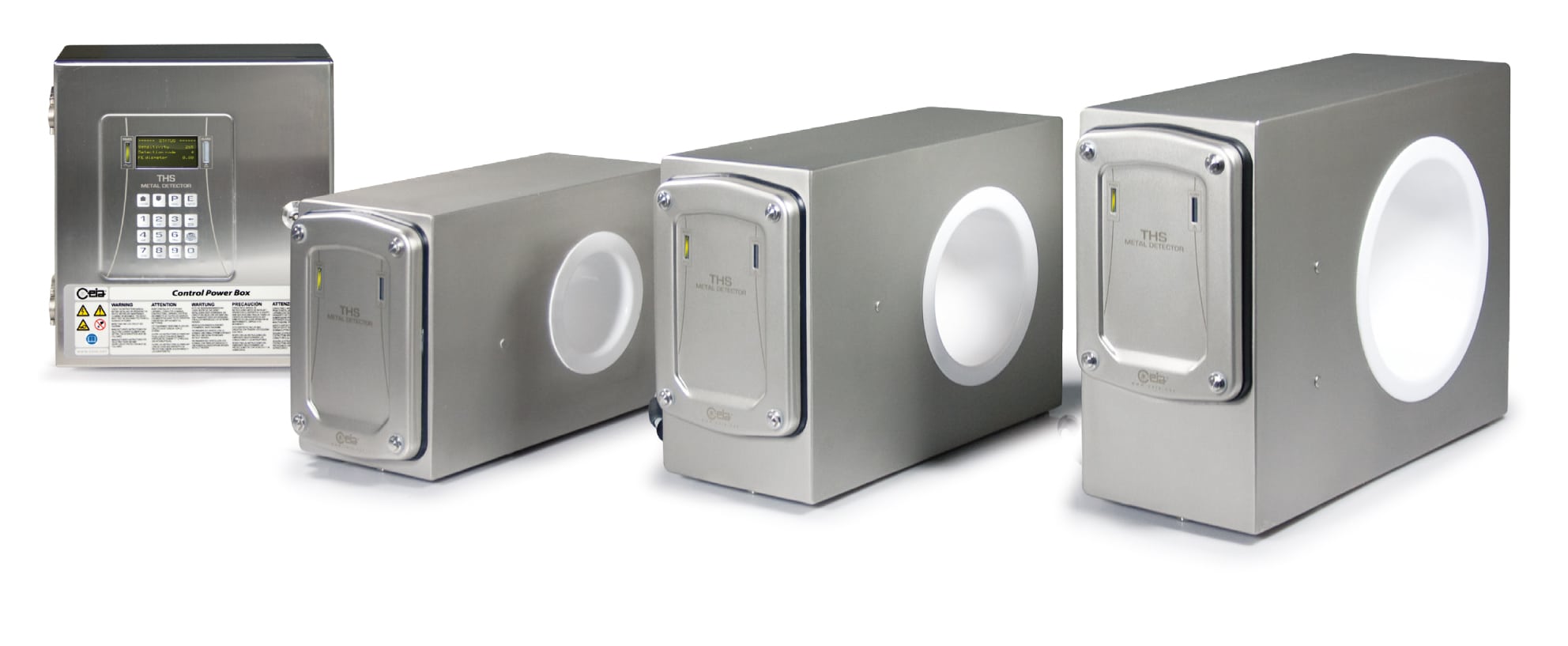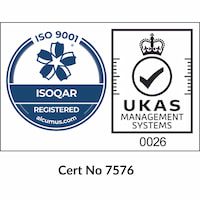!Bem-Vinda ao Brasil!
Case Study – Snack Producers in Brazil require assistance with the installation of their 2 new Ceia G21 detectors
Executive Summary
Newly installed Ceia G21 detection systems not operating as expected. Assistance required to complete the install/system set up, so the snack producers in Brazil can continue manufacturing.
Background
A producer of snacks such as beef jerky with production units located in Brazil, founded in 2011. This company predominantly use Ishida weighing and packing systems within their factories. Ishida multi-head weigher and bagging machines incorporate Ceia metal detection units as part of their “Critical Control Procedure” requirements.
The Challenges
The installation incorporates 2 Ceia G21 metal detectors fitted side by side under an Ishida multi-head weigher, which then feeds into an Effytec bagger. From the initial installation, the metal detectors registered a higher number of rejects than expected. The customer and Ishida contacted Ceia Spa for assistance. Ceia then contacted MDS in order to offer an on-site solution. MDS liaised with Ishida Brazil and Ceia Spa to arrange for the visit of an MDS engineer.
G21 Detector Used by the Customer

What caused the problem?
On arrival, the MDS engineer found that both the detectors’ installation configuration had not been adjusted/set up correctly. Balanced Coil metal detectors, if physically located close by one another, can cause interference to one or both detectors. This interference is called “Beating” and can result in the generation of false detection signals on both “Beating” detectors. The Ceia G21, as with all Ceia metal detector systems, utilises fully digitised frequency generation circuitry. This allows simple “offset” adjustment of the primary detection field frequency by simply selecting the correct setting in the detectors configuration menu. Once the two detectors operational frequencies have been “offset” from one another the “Beating” stops and is eliminated.
Other initial installation checks were carried out and both units were proven to now be operating correctly. No external interferences were observed and the units were ready for correct product set up and trialling.
Correct product adjustments, “Autolearns”, were carried out and the detectors sensitivity was verified from test sample drops as normal. Once set up was confirmed to be good, production commenced and the detectors performance monitored by the MDS engineer. The units operated correctly and production continued through the night.
The next day, system stability was still proven to be good, however, there had been a change in product, resulting in a slightly higher background “Product Signal” than the MDS engineer was satisfied with. He then explained and demonstrated to the customer the need for a separate product set up on another product setting. All Ceia metal detector systems have the ability to store and recall multiple different product settings. Therefore, creating and setting up one additional product program to the original program is a simple procedure. Once this was done, the background product signal had reduced greatly and the MDS engineer was satisfied that once again the detectors performance were now optimised and stable.
Results
Both products are now able to run through the detectors without unusual activity and the customer is happy with the outcome.
After 3 days of testing, it was clear that there were no issues with the metal detectors, and both were fully functioning, no parts needed to be changed. This visit comprised of commissioning and product set up and demonstrated MDS’s ability to rapidly respond to the customers’ requests and provide the professional and proficient service the customer expects.
Job Well Done!
Registered Company No.05894215 Registered in England and Wales – VAT Reg No: 887097758







